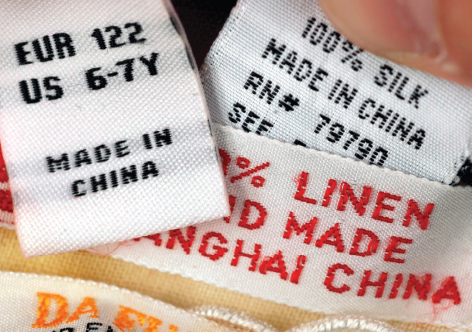Globalization
Daily direct flights to locations around the world, instant messaging and videoconferencing, international wire transfers—

Globalization is especially evident in the business world. Increases in communication technology and the convenience of travel have allowed companies to expand their labor force beyond geographical boundaries. More often than not, when you call customer service for help on the DVD player you bought in the United States, the person who picks up the phone is in India. More and more services are being outsourced to developing countries, where wages and operating costs are lower. Take Kenneth Tham, a high school sophomore in California. Most afternoons, he signs on to an online tutoring service, TutorVista. His tutor is Ramya Tadikonda, a twenty-
Although globalization has torn down some of the barriers to legitimate commerce between countries, it has also made unethical labor practices easier. Human trafficking, the recruitment of people for exploitative purposes, is an example of the darker side of globalization. As wages rise in countries that have grown past the early stages of development, there is a need for even cheaper labor to be shipped in from even poorer countries, such as Cambodia and Bangladesh. Workers are lured in by shady labor brokers with false promises of high wages. The workers pay their brokers huge sums of money for this opportunity, only to work for paltry sums of money and often in unsavory working conditions. The story at Local Technic, a Malaysian company that makes cast aluminum bodies for hard disk drives, is a typical example of the forced labor that has increased with globalization. An unnamed executive at Local Technic admits that most of the company’s guest workers have been duped into working there. He insists it’s not the company’s fault: sleazy brokers promise more than the company can afford. However, once the workers arrive and find out they’ve been taken for a ride, they can’t quit, because under Malaysian law, they have had to sign multiyear contracts and surrender their passports to their employer. The parts made at Local Technic are used in virtually every name-
Globalization is a powerful force, and its impact on organizations is undeniable. However, without clear global labor laws, unethical practices such as human trafficking are difficult to control and police.